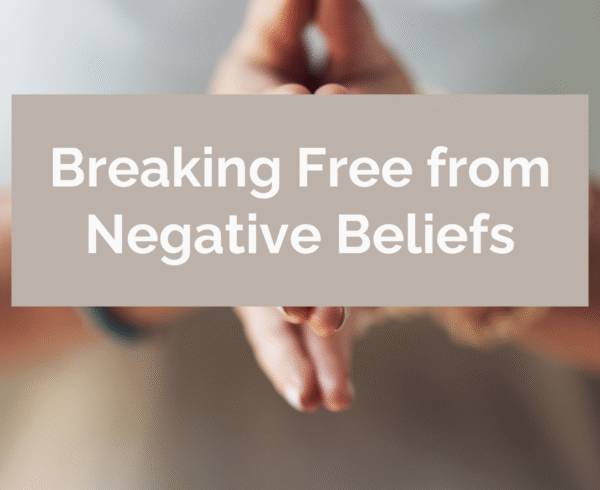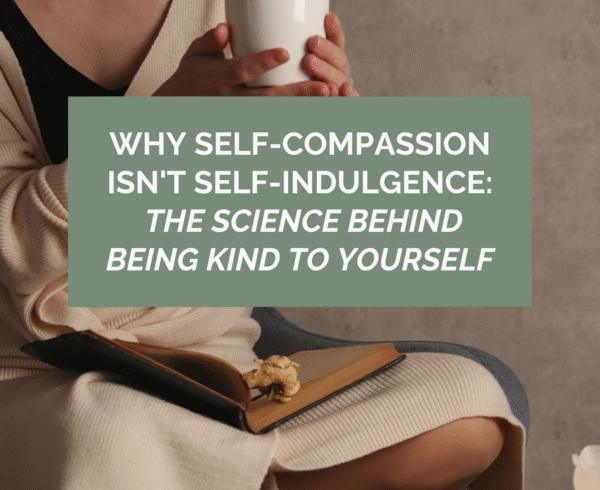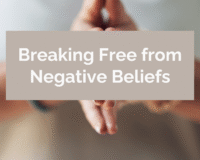Endometriosis is an inflammatory disease that is oestrogen dependent with a possible autoimmune link.
Natural medicine aims to address the underlying causes of the condition by improving immunity, reducing inflammation and regulating reproductive hormones. Unfortunately, natural medicine may not always be enough and is often used effectively as a combinational treatment with conventional medicine, especially post surgery.
In saying this, I do know many women who have successfully used natural medicine to reduce their symptoms and ended up cancelling their surgery.
Lets Look At The Conventional Approach
Conventional treatment often consists of non-steroidal anti-inflammatory drugs (NSAIDs), surgery and/or hormone therapy.
Non-Steroidal Anti-Inflammatory Drugs
NSAIDs are often used as a first line of defense to help provide symptomatic relief from the pain and discomfort often associated with endometriosis.
Surgery
Laparoscopic Surgery aims to remove the lesions and is also considered to be a symptomatic treatment. This is because the lesions grow back in 50% of cases within 5 years. This is why surgery is often followed by some type of hormonal suppression.
Hormone Therapy
Hormone Therapy is often used to suppress ovulation and/or hormones. In most cases the Oral Contraceptive Pill (OCP) or Mirena is used. The OCP works by shutting down ovulation and suppressing oestrogen. As I mentioned in a previous blog post, the hormones that control our menstrual cycle (i.e. oestrogen) can influence the growth of the lesions. The OCP aims to address this issue. Unfortunately, the pill comes with a number of side-effects, and it is working out whether it is right for you. The more preferred method is the Mirena, which is a type of Intrauterine Contraceptive Device (IUCD), as it works locally (rather then systemically) and does not suppress ovulation.
The Natural Approach
The first thing I ensure that is working effectively is the gastrointestinal system. Up to 80% of our immune system can be found in the gut and it is considered to be the body’s housing source of inflammation. As endometriosis is an inflammatory condition with a possible autoimmune link, you can see the importance of this system working at it’s best. Along with the gut, the liver plays a vital role in detoxification and elimination, especially of excess oestrogen. Food forms the basis of any foundational program and I discuss the foods that fight or feed endometriosis in another post. Lets talk supplementation here though.
Probiotics
Probiotics found in our food and supplementation are friendly bacteria that help to promote a healthy and functioning gastrointestinal system. Probiotics encourage optimal micro flora colonization (good bacteria over bad), reduce systemic inflammation and address immune dysregulation. Although more studies are needed, recent research has shown that an imbalance in gut bacteria can worsen endometriosis by altering oestrogen activity. Basically if the gastrointestinal system is not functioning correctly, it can not do it’s job to detoxifiy and eliminate effectively. Each species and strain of probiotics play a different role in the body and it is important to talk to your health practitioner about the right one for you. Some of the clinically studied probiotic strains that I use in clinic include Bifidobacterium BB-12, Lactobacillus rhamnosus LGG and Lactobcaillus planataarum 299v.
Turmeric
Turmeric (Curcuma longa) is well known for its anti-inflammatory benefits, however it is also a powerful antioxidant, aids in detoxification and supports the immune system. Although human studies are yet to confirm turmeric’s benefits in endometriosis, several vitro and animal studies have shown that turmeric can reduce pain and inflammation associated with endometriosis, as well as halt disease progressions by reducing oestradiol production. Another anti-inflammatory herb I often use alongside turmeric when addressing both gut and reproductive inflammation is Boswellia serrata.
Ginger
Ginger (Zingiber officinale) is a powerful anti-inflammatory and analgesic herb that has been shown to be effective in treating conditions associated with pain. In women with endometriosis, it is estimated that 70% of these women suffer from pain. Often I find that these women are using NSAIDs such as Ibuprofen for symptomatic relief. However, overuse of NSAIDs can have a detrimental effect on both the liver and the gut. Fortunately, there is an alternative. A comparative clinic trial, showed that 400mg of ginger four times a day for the first three days of menstruation, proved to be just as effective as ibuprofen in relieving pain associated with dysmenorrhea (painful periods). Another helpful application for period pain is a castor oil pack. Find out how to make your own here.
Zinc
Zinc is involved in a number of biological functions within the body, playing a primary role in the inflammatory, immune and repair processes in the body. Although further investigation is required, research suggests that a deficiency in zinc may play a role in the development of the endometriosis.
N-Acetylcysteine (NAC)
NAC is one of my favourite supplements due to its clinically proven effectiveness in the treatment of endometriosis. NACs actions involve the reduction of cell proliferation, in this case the reduction of endometriomas (oestrogen-dependent cysts), as well as down-regulating inflammation and gene expression. According to a clinical trial out of 47 women who took 600mg of NAC three times per day, for three consecutive days each week for three months, 27 of them cancelled their scheduled laparoscopic surgery due to decreased or disappearance of endometriomas, reduced pain or pregnancy. The study concluded that NAC showed better outcomes than hormonal treatments (without the nasty side effects)!
Diindolylmethane (DIM)
You may have heard of DIM or Indole-3-Carbinol, both are naturally occurring phytochemicals derived from the brassica family food group. They both act by metabolising oestrogen via the liver and improving the ratio of 2:16 hydroxyoestrone, which is commonly imbalanced in oestrogen-dependent conditions like endometriosis . DIM should not be taken if you are already taking hormone medication, please consult with your health care practitioner.
Fish Oils
As endometriosis is considered to be an inflammatory disease, Omega-3 fatty acids found in oily fish and good quality fish oils have been shown to lower inflammation and alleviate pain. A large perspective study found that women who consumed omega-3 fatty acids reduced their risk of endometriosis up to 22%.
B vitamins and magnesium are also beneficial to help replenish nutrient deficiencies common in chronic health conditions, improve energy, reduce pain, nourish the adrenals and support the stress response.
For all supplementation and invidualised dosing and advice it is important you seek advice from a qualified Naturopath. I strongly disagree with self-prescribing or advice from unqualified individuals, as it can cause more harm than good, especially in chronic health conditions such as Endometriosis.
2











Leave a Comment